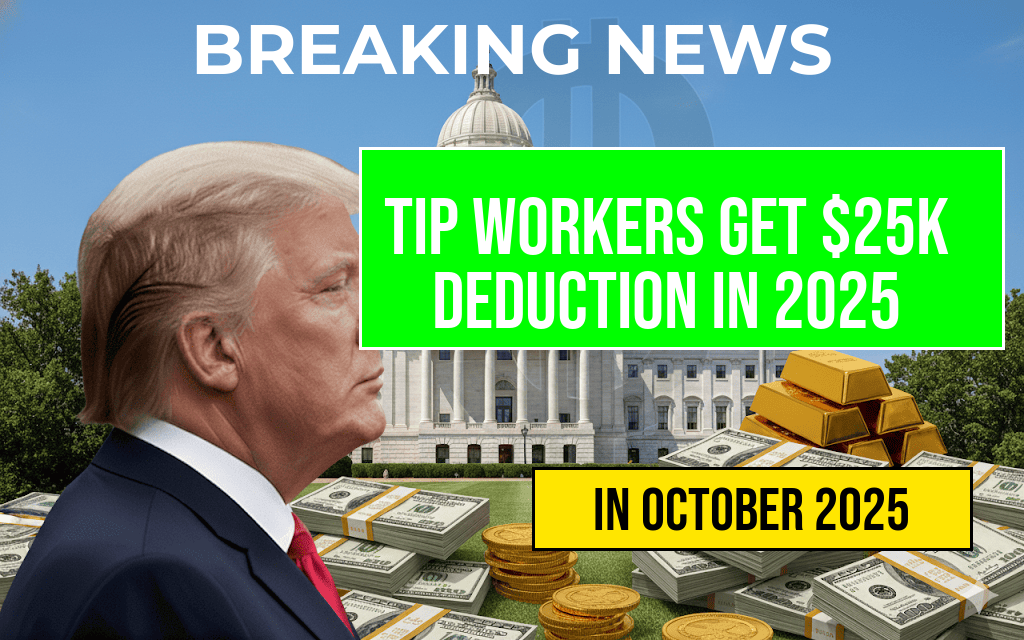As the United States marks the eighth day of the ongoing government shutdown, thousands of federal employees face mounting uncertainty regarding their paychecks. Despite congressional debates and negotiations, there remains no clear resolution on whether federal workers will receive their full salaries or face further delays. The shutdown, initiated when funding legislation failed to pass through Congress before the fiscal deadline, continues to disrupt numerous agencies, with many employees working without pay or being furloughed. Experts warn that prolonged closures could have far-reaching economic and social consequences, especially for workers already under financial strain. While some federal employees have received partial payments or emergency funds, the outlook for full pay remains uncertain as political leaders grapple with underlying budget disagreements.
Current Status of Federal Employee Compensation
As of day 8 of the government shutdown, federal employees remain in a state of limbo. The Office of Personnel Management (OPM) has advised agencies to implement pay policies aligned with the shutdown status, but specific directives on full salaries are inconsistent. According to recent reports, many employees have not received their scheduled paychecks, with some receiving only partial payments or none at all. This situation affects a broad spectrum of federal workers, from national security personnel to administrative staff.
Legal and Policy Framework
The pay of federal employees during a shutdown hinges on legislation passed by Congress and signed into law by the President. Typically, during a lapse in appropriations, federal workers classified as “excepted”—those deemed essential for national security or public safety—continue working without immediate pay, though they are entitled to back pay once funding is restored. Conversely, non-essential employees are furloughed, often without pay, unless specific legislation authorizes retroactive compensation.
Recent shutdowns have set precedents for partial payments, but the current scenario raises questions about whether full salaries will be honored retroactively or if employees will face permanent deductions. The No Budget, No Pay Act and other legislative measures often influence these outcomes, but political impasse complicates resolution.
Impacts on Federal Employees and the Economy
The shutdown’s ripple effects extend beyond individual workers. Federal agencies involved in health, safety, and economic regulation face operational limitations. Many employees experience financial hardship, struggling to meet mortgage, rent, or other essential expenses. Some have resorted to emergency savings or borrowed funds, raising concerns over long-term financial stability.
Employee Perspectives
- National security personnel continue working, but uncertainty about pay creates stress and morale issues.
- Furloughed workers face income loss, leading to missed bills and increased reliance on credit or government assistance programs.
- Contractors and vendors working with federal agencies experience delays and payment disruptions, impacting local economies.
Government and Political Reactions
Lawmakers remain divided over the funding dispute, with negotiations focused on broader budget issues, including federal spending levels and policy priorities. The Biden administration has urged Congress to pass emergency funding measures to reopen agencies and ensure workers are paid promptly. Meanwhile, Republican and Democratic leaders alike acknowledge the hardship facing federal employees, but disagreements over legislative language and spending caps persist.
Potential Legislative Solutions
| Option | Description | Pros | Cons |
|---|---|---|---|
| Immediate Funding Bill | Pass legislation to reopen government and authorize full pay for federal employees | Provides quick relief to workers and stabilizes agencies | Requires bipartisan agreement, which may be difficult to achieve quickly |
| Retroactive Pay | Guarantee full salaries after shutdown ends, regardless of ongoing negotiations | Ensures employees are compensated for lost wages | May be challenged politically and legally |
| Temporary Funding Extensions | Provide short-term funding to keep government operational while negotiations continue | Prevents immediate disruption | May only delay the inevitable political impasse |
Legal and Financial Resources for Affected Employees
Federal employees facing financial hardship can access various support programs. The Federal Employee Education & Assistance Fund offers emergency grants and loans. Some agencies have established hardship funds, and the Office of Personnel Management provides guidance on managing financial difficulties during shutdowns.
Legal experts note that employees may have grounds to seek back pay through administrative channels if the shutdown extends beyond a certain period. Advocacy groups are also urging Congress to pass legislation that guarantees full compensation for all federal workers affected by the ongoing crisis.
Public and Economic Outlook
Economists warn that prolonged shutdowns can dampen economic growth, especially if consumer confidence declines or federal spending contracts. Small businesses relying on federal contracts and services face delayed payments, causing ripple effects throughout local economies. The uncertainty over pay could also influence federal employment recruitment and retention in the future.
As the nation monitors negotiations, federal employees and their families await definitive answers. The path forward hinges on political will and legislative action, with many hopeful that a bipartisan agreement will emerge soon to resolve the impasse and restore stability for government workers nationwide.
Frequently Asked Questions
Will federal employees receive their full pay during the 8th day of the government shutdown?
Federal employees are currently facing uncertainty regarding their full pay during the ongoing government shutdown. Typically, during a shutdown, many employees are furloughed or work without pay, but some essential workers may receive paychecks depending on legislative decisions.
What are the implications for federal employees on Day 8 of the shutdown?
On Day 8 of the government shutdown, many federal employees are concerned about missed wages and financial stability. Some may be required to work without immediate pay, while others are furloughed and awaiting funds to be restored.
Is there any legislative relief planned for federal employees during this shutdown?
Legislators are actively discussing funding bills to end the shutdown. Some proposals include back pay for affected federal workers. However, until new legislation passes, pay delays may continue.
How long could the government shutdown last, and what does it mean for pay?
The duration of the shutdown remains uncertain. Prolonged shutdowns can lead to delayed payments to federal employees. If the shutdown persists beyond pay periods, workers may experience financial hardship.
What should federal employees do if they are worried about their paychecks?
Federal employees are advised to review official government updates and consider financial planning options. Many agencies recommend contacting HR departments for guidance regarding payroll issues during the shutdown.






